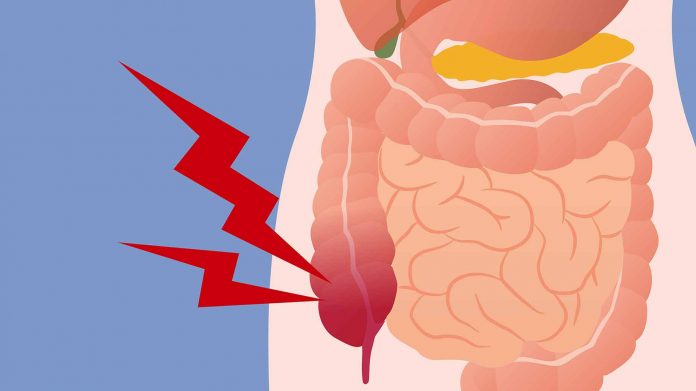
Cancer of the colon, also known as colorectal cancer, affects the bowels and can usually be identified with symptoms that come along with the disease. Here is what Colon Cancer symptoms you should look for.
While the most common symptoms of colon cancer are increased bowel movement, change in consistency of stools and blood in stools; they do not always mean you have bowel cancer.
Eating habits are known to change the consistency of one’s faeces, as well as bowel movement, while you may find blood in your stools due to a pile. Colon cancer usually affects those above 60 and common symptoms refuse to go away even when treated by your doctor.
Always look for a combination of the symptoms mentioned below to be sure it’s colon cancer and not something else that’s causing the discomfort.
Blood in stools
As we said earlier, blood in your stools doesn’t always mean there’s a chance that you have colon cancer. But if you do have blood in your stools, without the symptoms of a hemorrhoid that causes pain, soreness or a visible lump; you should consult your doctor immediately.
Bowel and stool inconsistency
If your bowels begin to change in a habit causing you to use the toilet more frequently, look for changes in your stool. If you notice that you have been passing looser stools along with drastic changes in bowel habit, consult your doctor about the same. There is a change you may be treated for a simple bowel infection.
Abdominal Pain
Those that have colon cancer usually complain of pain in the abdomen. Such folk also tend to bloat a lot immediately after eating small portions of food, causing a reduced intake of food overall. This also leads to drastic weight loss.
Colon cancer can cause bowel obstruction in a lot of cases, which leads to a collection of wastes within the patient’s body, ultimately leading to toxicity. If you experience any of the aforementioned symptoms in conjunction with each other, you should consult with your doctor right away.
Your doctor will conduct a preliminary examination of your tummy, as well as your renal canal, to rule out lumps and other causes. You may also be advised to do a blood test to check for anemia, which could indicate towards a minor internal bleed.











